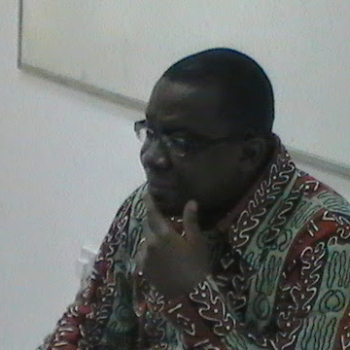Influence of training and development on non-teaching staff performance in the University of Mines and Technology, Tarkwa

| +233201192484 | |
| pkabaddo@uew.edu.gh | |
| Download CV |
Influence of training and development on non-teaching staff performance in the University of Mines and Technology, Tarkwa
Abstract
This study investigated the effect of training and development on staff performance at the University of Mines and Technology, Tarkwa (UMaT). The specific objectives were: to investigate the measures put in place for training and development of staff; assess the effect of training and development on staff performance at UMaT. The descriptive survey research design was adopted for the study. Through the use of stratified sampling, simple random sampling, and purposive sampling procedures, 202 non-teaching staff members comprising of senior members, senior staff and junior staff members were involved in the study. A self-developed questionnaire with internal consistency of 0.65 was used to gather the requisite data for the study. Data were analyzed using descriptive and inferential statistics such as frequencies, percentages, mean of means distributions and Pearson product moment correlation. The study found out that measures existed at UMaT for training and development of staff and that, the University management organizes regular training programmes based on identification of needs assessment. Also, training and development improved staff performance at UMaT and increased staff’s efficiency on the job. However, study leave with pay were not granted to staff which is likely to affect staff performance. The study recommended that the University management should continue with the regular training and development programmes. Also, a window of opportunities for administrative staff to be granted study leave with pay for further training should be created.
Keywords: training, development, employees, non-teaching
